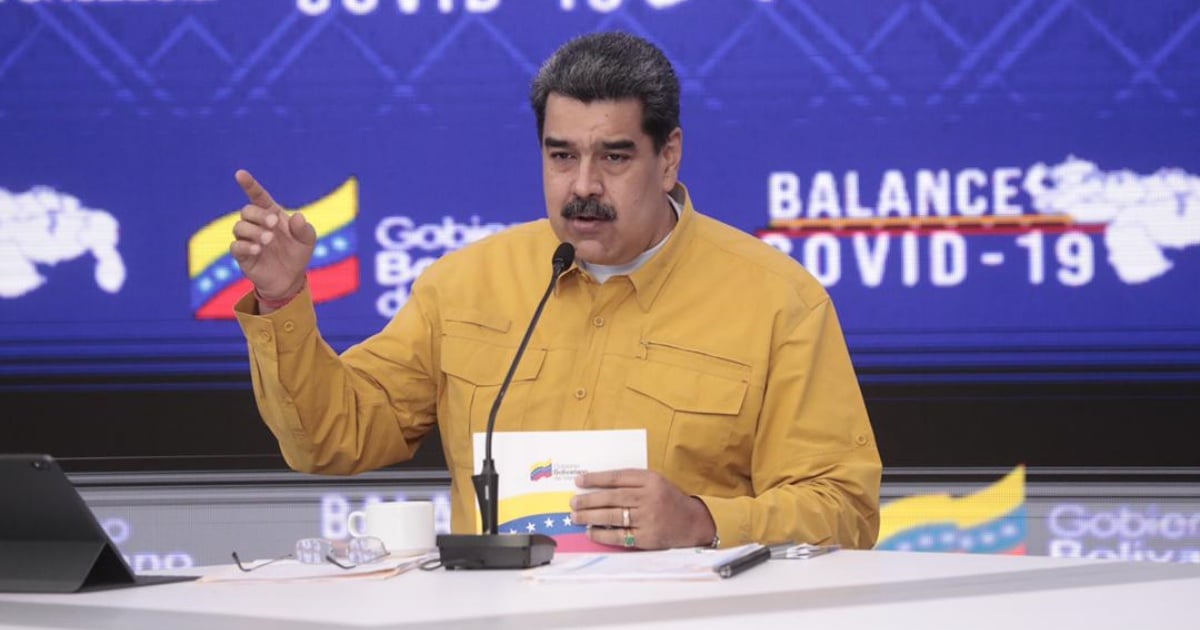
Days before the election day, more than six media outlets were blocked on Tuesday in Venezuela, but the number is even higher during the campaign stage, according to reports on social media.
After learning about the situation, CNN journalist Alejandra Oraa tried to visit some of the digital media outlets and, in fact, noticed that it was impossible to access them.
On the social network X, Oraa posted a video for users to observe the results and stated: "I saw it for myself in Caracas. This is what I found. If you live in Venezuela, how do you inform yourself?" she wrote.
He also pointed out that something like this involves the hand of the main internet service providers in the South American nation, where Nicolás Maduro's government plans to stay at the top, and one of its tactics is to silence anyone who criticizes it.
For the elections on July 28, more than 21 million people are called to vote, including those living inside and outside the country.
According to CNN itself, there are 10 candidates, but with real chances are the current president Maduro, who has been in power for 11 years, and Edmundo González Urrutia, a representative of the majority opposition.
In recent days, it was reported that the Venezuelan government revoked the invitation previously extended to the former president of Argentina, Alberto Fernández, to participate as an observer in the elections, according to the BBC.
While the Cuban regime boasted of sending several of its henchmen to that country as a gesture of support for the allied dictator Nicolás Maduro.
Amid a deafening unease over the outcome of the ballots, Havana looks with concern at the growing support of millions of Venezuelans for the candidacy headed by González Urrutia and led by María Corina Machado.
What do you think?
COMMENTFiled under: